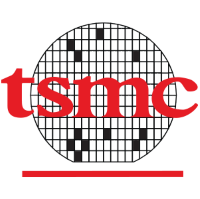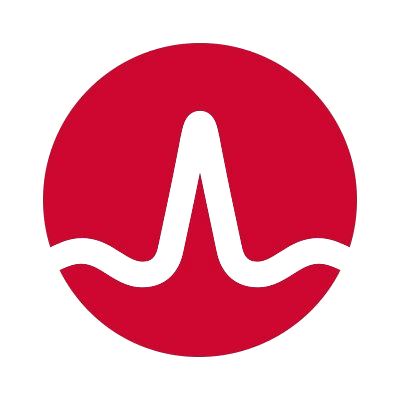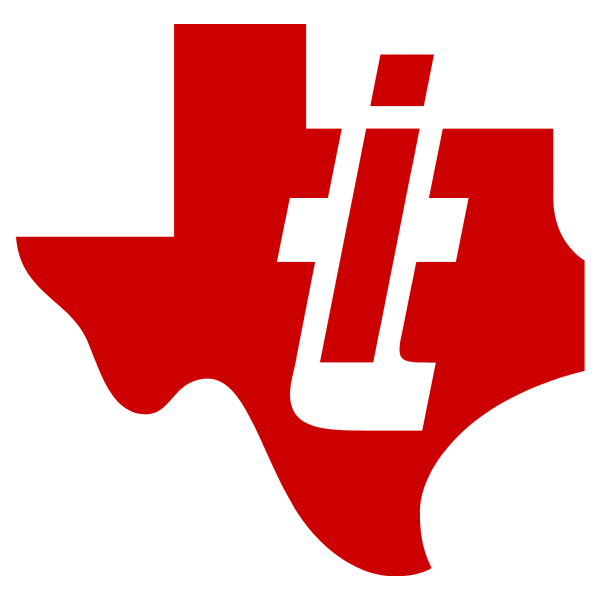
indie Semiconductor Inc
NASDAQ:INDI

Profitability Summary
indie Semiconductor Inc's profitability score is 22/100. We take all the information about a company's profitability (such as its margins, capital efficiency, free cash flow generating ability, and more) and consolidate it into one single number - the profitability score. The higher the profitability score, the more profitable the company is.

Score
We take all the information about a company's profitability (such as its margins, capital efficiency, free cash flow generating ability, and more) and consolidate it into one single number - the profitability score. The higher the profitability score, the more profitable the company is.
We take all the information about a company's profitability (such as its margins, capital efficiency, free cash flow generating ability, and more) and consolidate it into one single number - the profitability score. The higher the profitability score, the more profitable the company is.

Score

Score
Margins
Earnings Waterfall
indie Semiconductor Inc

Margins Comparison
indie Semiconductor Inc Competitors

| Country | Company | Market Cap |
Gross Margin |
Operating Margin |
Net Margin |
||
|---|---|---|---|---|---|---|---|
| US |

|
indie Semiconductor Inc
NASDAQ:INDI
|
717.1m USD |
Loading...
|
Loading...
|
Loading...
|
|
| US |

|
NVIDIA Corp
NASDAQ:NVDA
|
4.4T USD |
Loading...
|
Loading...
|
Loading...
|
|
| TW |

|
Taiwan Semiconductor Manufacturing Co Ltd
TWSE:2330
|
51.6T TWD |
Loading...
|
Loading...
|
Loading...
|
|
| US |

|
Broadcom Inc
NASDAQ:AVGO
|
1.5T USD |
Loading...
|
Loading...
|
Loading...
|
|
| KR |

|
SK Hynix Inc
F:HY9H
|
415.7B EUR |
Loading...
|
Loading...
|
Loading...
|
|
| US |

|
Micron Technology Inc
NASDAQ:MU
|
464B USD |
Loading...
|
Loading...
|
Loading...
|
|
| US |

|
Advanced Micro Devices Inc
NASDAQ:AMD
|
322.1B USD |
Loading...
|
Loading...
|
Loading...
|
|
| US |

|
Intel Corp
NASDAQ:INTC
|
227.1B USD |
Loading...
|
Loading...
|
Loading...
|
|
| US |

|
Texas Instruments Inc
NASDAQ:TXN
|
190.2B USD |
Loading...
|
Loading...
|
Loading...
|
|
| US |

|
Analog Devices Inc
NASDAQ:ADI
|
173.2B USD |
Loading...
|
Loading...
|
Loading...
|
|
| US |

|
Qualcomm Inc
NASDAQ:QCOM
|
151.5B USD |
Loading...
|
Loading...
|
Loading...
|
Return on Capital
Return on Capital Comparison
indie Semiconductor Inc Competitors

| Country | Company | Market Cap | ROE | ROA | ROCE | ROIC | ||
|---|---|---|---|---|---|---|---|---|
| US |

|
indie Semiconductor Inc
NASDAQ:INDI
|
717.1m USD |
Loading...
|
Loading...
|
Loading...
|
Loading...
|
|
| US |

|
NVIDIA Corp
NASDAQ:NVDA
|
4.4T USD |
Loading...
|
Loading...
|
Loading...
|
Loading...
|
|
| TW |

|
Taiwan Semiconductor Manufacturing Co Ltd
TWSE:2330
|
51.6T TWD |
Loading...
|
Loading...
|
Loading...
|
Loading...
|
|
| US |

|
Broadcom Inc
NASDAQ:AVGO
|
1.5T USD |
Loading...
|
Loading...
|
Loading...
|
Loading...
|
|
| KR |

|
SK Hynix Inc
F:HY9H
|
415.7B EUR |
Loading...
|
Loading...
|
Loading...
|
Loading...
|
|
| US |

|
Micron Technology Inc
NASDAQ:MU
|
464B USD |
Loading...
|
Loading...
|
Loading...
|
Loading...
|
|
| US |

|
Advanced Micro Devices Inc
NASDAQ:AMD
|
322.1B USD |
Loading...
|
Loading...
|
Loading...
|
Loading...
|
|
| US |

|
Intel Corp
NASDAQ:INTC
|
227.1B USD |
Loading...
|
Loading...
|
Loading...
|
Loading...
|
|
| US |

|
Texas Instruments Inc
NASDAQ:TXN
|
190.2B USD |
Loading...
|
Loading...
|
Loading...
|
Loading...
|
|
| US |

|
Analog Devices Inc
NASDAQ:ADI
|
173.2B USD |
Loading...
|
Loading...
|
Loading...
|
Loading...
|
|
| US |

|
Qualcomm Inc
NASDAQ:QCOM
|
151.5B USD |
Loading...
|
Loading...
|
Loading...
|
Loading...
|

